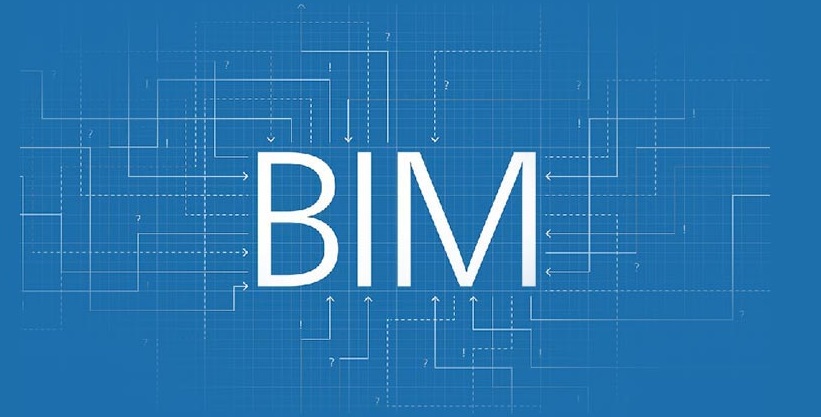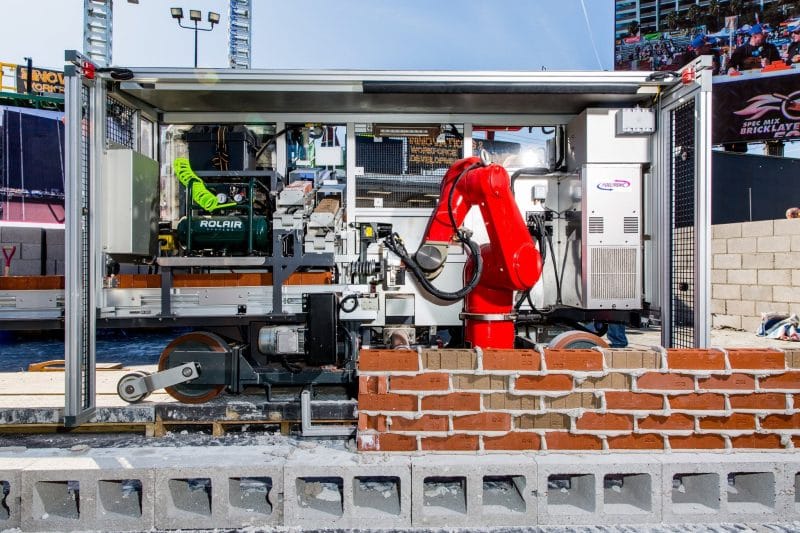27.03.2025
Top 10 Essential Skills for Construction Professionals in 2025
The construction industry is undergoing rapid transformation due to technological advancements, sustainability demands, and evolving project complexities. By 2025, professionals with a diverse skill set will have a competitive edge. Here are the top 10 skills that will be crucial in the construction industry.
1. Building Information Modeling (BIM) Proficiency
BIM has revolutionized the way construction projects are designed, planned, and executed. Professionals skilled in software like Revit and Navisworks can create detailed 3D models that improve collaboration and reduce costly errors. According to the Allied Market Research Report, the global BIM market is expected to reach $15 billion by 2027, emphasizing its growing importance.

2. Green Building and Sustainability Knowledge
Environmental concerns are pushing the industry toward sustainable construction practices. Knowledge of LEED, BREEAM, and WELL certifications is increasingly valuable. Green building materials and energy-efficient designs not only reduce carbon footprints but also lower long-term costs for developers.
3. Project Management Expertise
Managing complex construction projects requires professionals who can handle timelines, budgets, and team coordination. Familiarity with project management tools like Primavera P6, Microsoft Project, and Procore can significantly improve efficiency and reduce delays.
4. Smart Technology and IoT Integration
The construction industry is embracing AI-powered project tracking, smart sensors, and IoT-enabled equipment. Professionals who understand how to integrate these technologies into workflows will be in high demand. According to McKinsey, digital solutions can boost construction productivity by 14-15%.

5. Prefabrication and Modular Construction
The global modular construction market is expected to grow at a 6.5% CAGR by 2027, driven by cost savings and efficiency. Understanding off-site fabrication techniques and modular assembly can help professionals stay ahead in a shifting industry landscape.

6. Health and Safety Compliance
Construction remains one of the most hazardous industries. Professionals must be well-versed in OSHA (Occupational Safety and Health Administration) guidelines and best practices for minimizing workplace risks. Implementing wearable safety tech and AI-driven risk assessments can improve compliance and worker protection.
7. Data Analytics and Construction Forecasting
The ability to analyze construction data can lead to better decision-making, optimized resource allocation, and improved risk assessment. With the rise of predictive analytics software, professionals who can interpret data trends will become invaluable assets to construction firms.
8. Advanced Machinery and Automation
With automation reshaping construction sites, professionals must understand how to operate and maintain 3D printing systems, autonomous vehicles, and robotic bricklayers. These innovations are reducing manual labor requirements and increasing precision.

9. Effective Communication and Leadership
Strong interpersonal skills are essential for ensuring smooth collaboration between architects, engineers, contractors, and clients. Construction managers who can effectively communicate project goals and expectations will drive better results and minimize conflicts.
10. Adaptability and Lifelong Learning
The construction sector is evolving, and professionals who continuously upskill through certifications, workshops, and training programs will stay ahead. Institutions offering specialized courses in construction technology, sustainable design, and project management will play a key role in career advancement.
Preparing for the Future
To remain competitive, construction professionals must invest in developing these skills. Platforms like Plandi.io provide access to cutting-edge industrial resources, BIM tools, and sustainability solutions, helping professionals stay at the forefront of industry advancements.
With a combination of technical expertise, digital literacy, and leadership abilities, construction professionals can secure long-term success in an industry that is constantly evolving.
The article was useful to you?
3
11
0